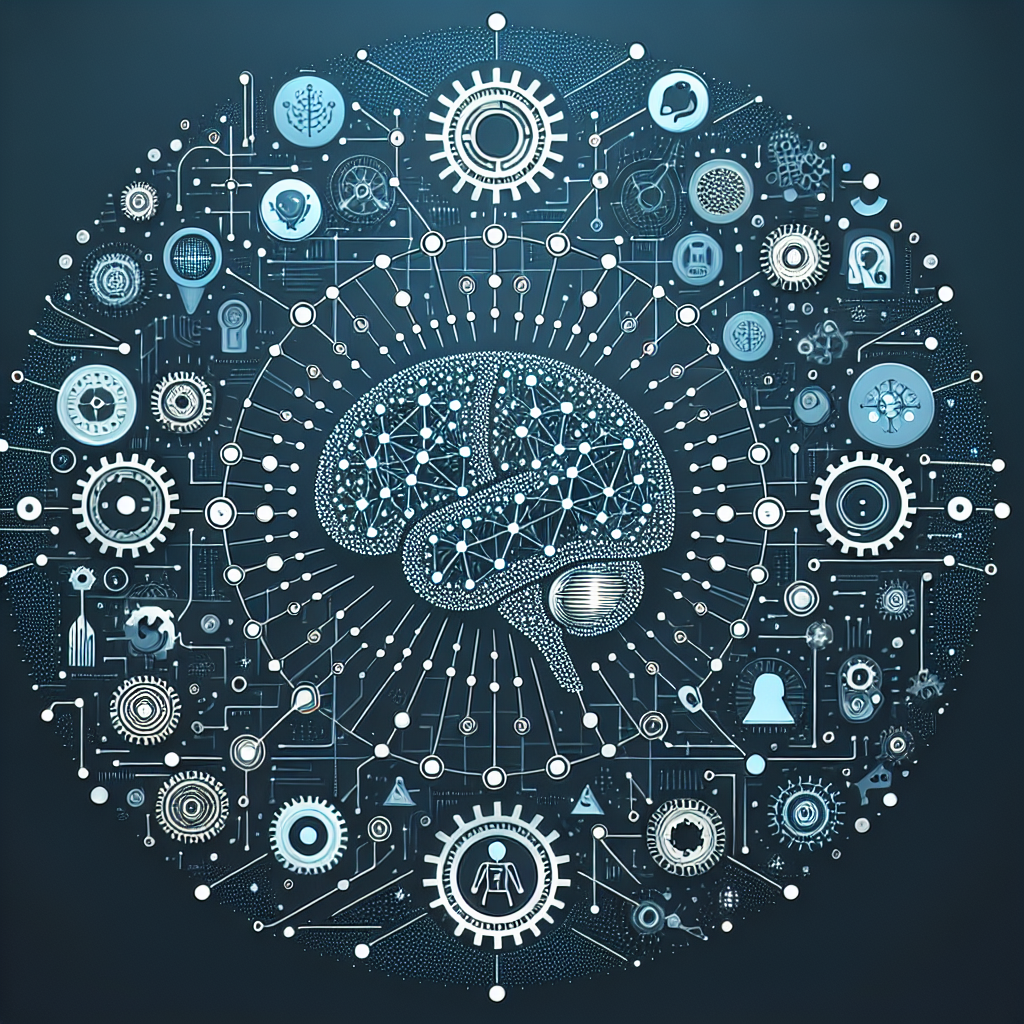Your cart is currently empty!
How Deep Neural Networks (DNN) are Revolutionizing Artificial Intelligence

Deep Neural Networks (DNN) have been at the forefront of revolutionizing artificial intelligence in recent years. These complex, multi-layered networks of interconnected nodes are modeled after the human brain and have shown incredible potential for solving complex problems and making sense of vast amounts of data.
One of the key strengths of DNNs is their ability to learn and adapt on their own. Through a process known as deep learning, these networks are trained on large datasets to recognize patterns and make predictions. This has enabled DNNs to excel in a wide range of tasks, from image and speech recognition to natural language processing and autonomous driving.
DNNs have also proven to be highly effective at tasks that were previously thought to be too difficult for machines, such as playing complex games like Go or poker. In fact, DNN-powered systems have defeated human champions in games like chess and Go, demonstrating the power of these networks to excel in strategic decision-making.
Another key advantage of DNNs is their scalability. As computing power continues to increase, DNNs are able to handle larger and more complex datasets, making them ideal for tackling big data problems in fields like healthcare, finance, and marketing. This has led to significant advancements in areas such as personalized medicine, fraud detection, and customer segmentation.
Furthermore, DNNs have also been instrumental in driving advancements in computer vision and natural language processing. These technologies have enabled breakthroughs in areas like autonomous vehicles, facial recognition, and language translation, paving the way for new applications and services that were once only possible in science fiction.
Despite their many strengths, DNNs are not without their limitations. Training these networks can be computationally intensive and require large amounts of labeled data, which can be costly and time-consuming. Additionally, DNNs can be prone to biases and errors, leading to potential ethical concerns and challenges in deploying these systems in real-world scenarios.
Overall, deep neural networks have revolutionized artificial intelligence by pushing the boundaries of what machines can achieve. As researchers continue to innovate and refine these networks, the potential for DNNs to transform industries and improve our daily lives is truly limitless.
#Deep #Neural #Networks #DNN #Revolutionizing #Artificial #Intelligence,dnn

Leave a Reply